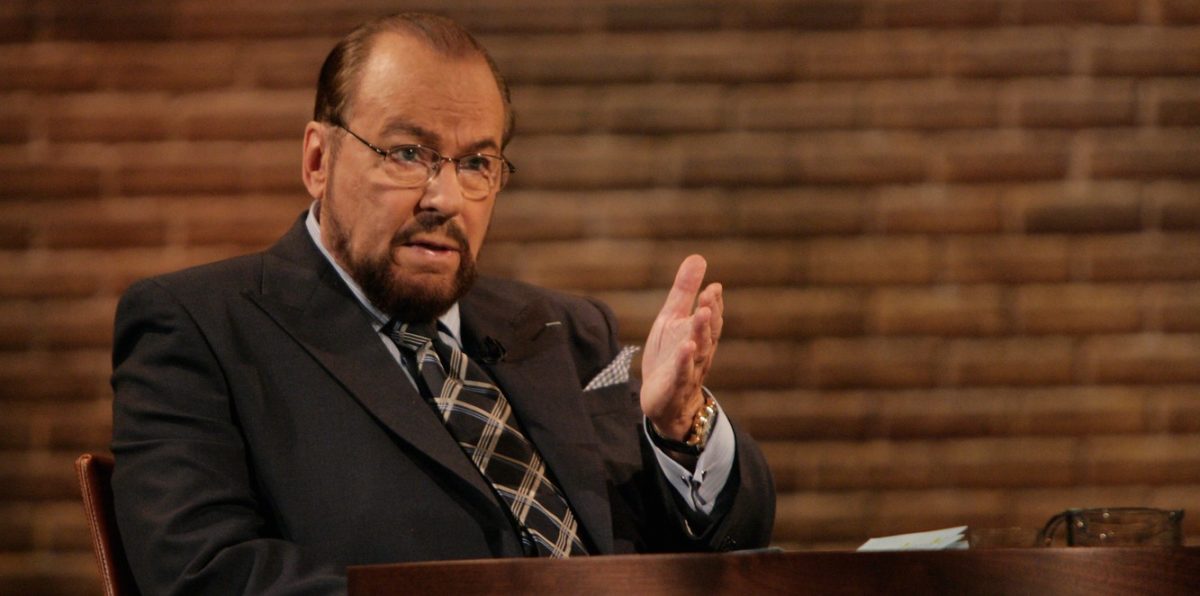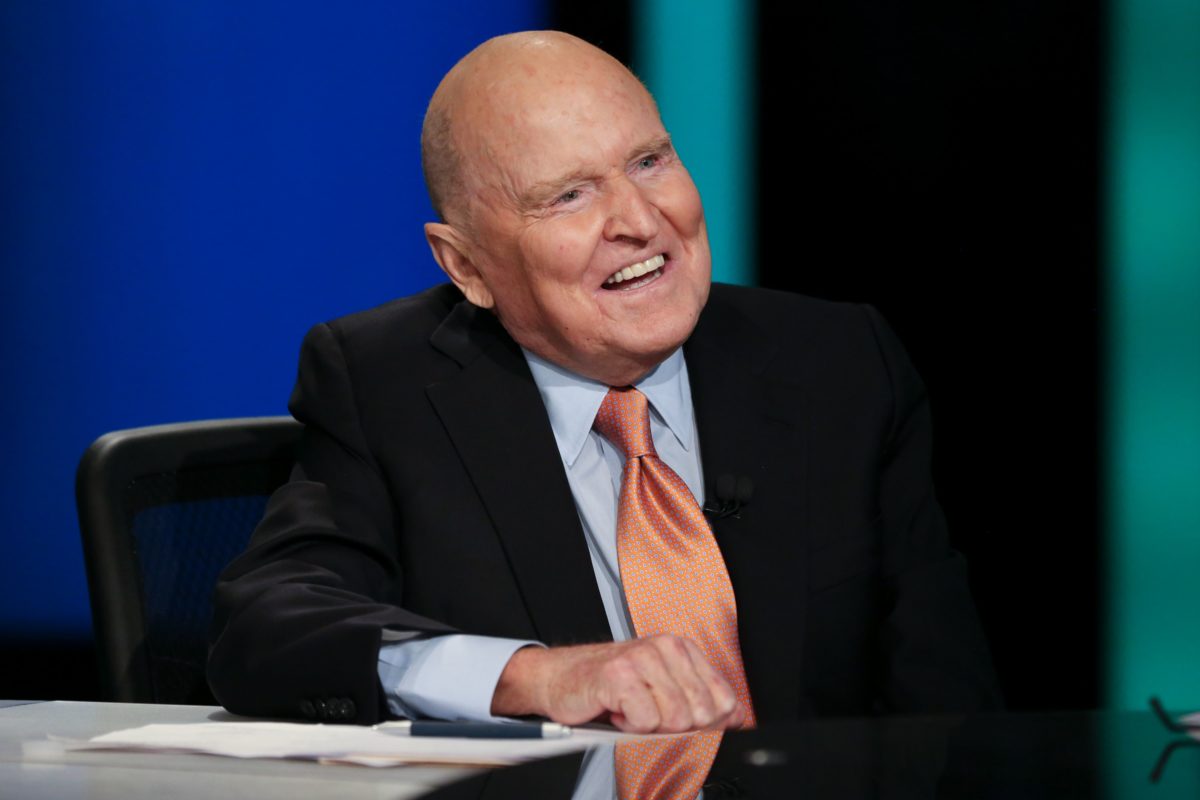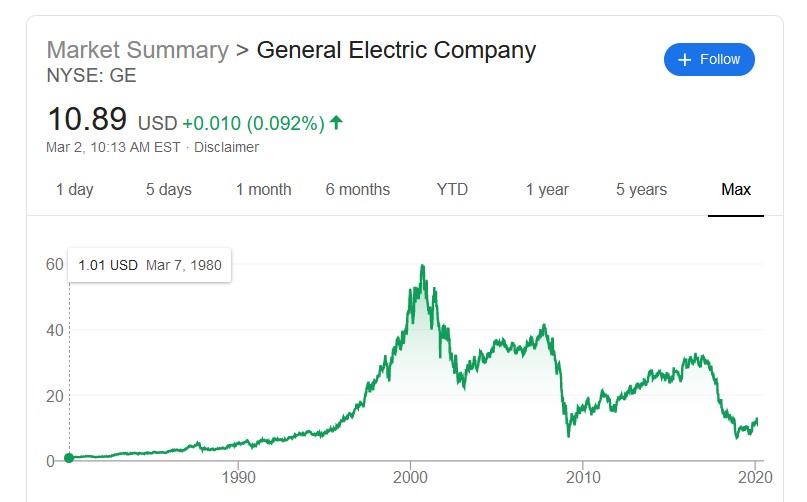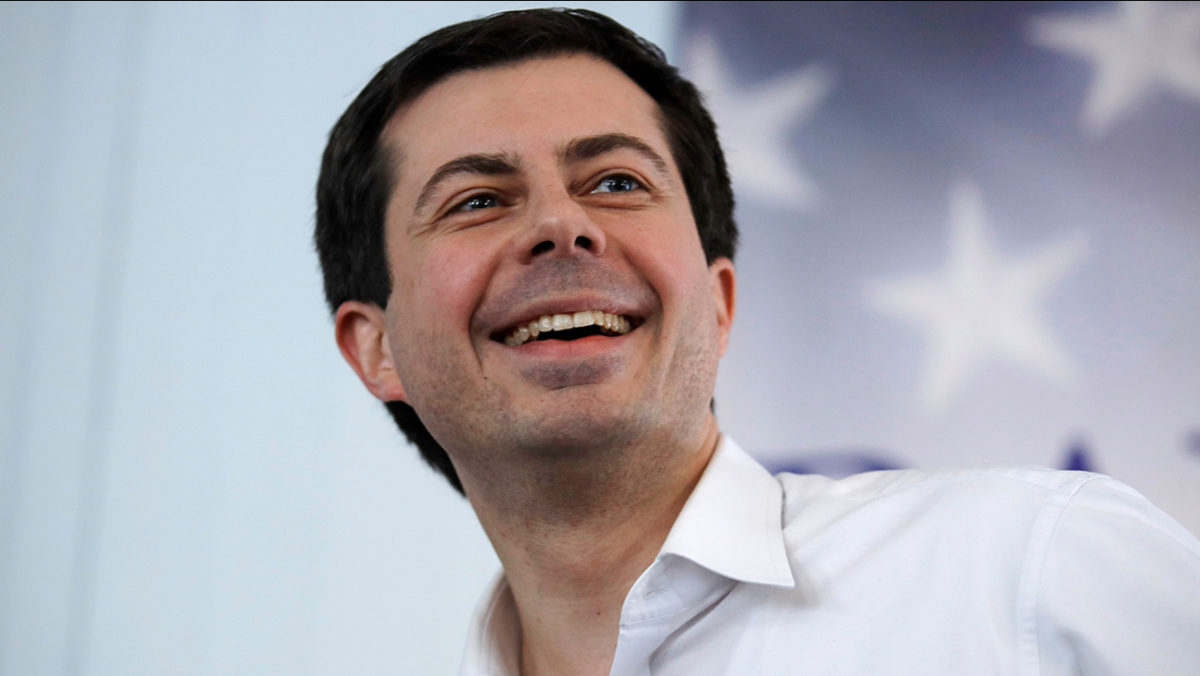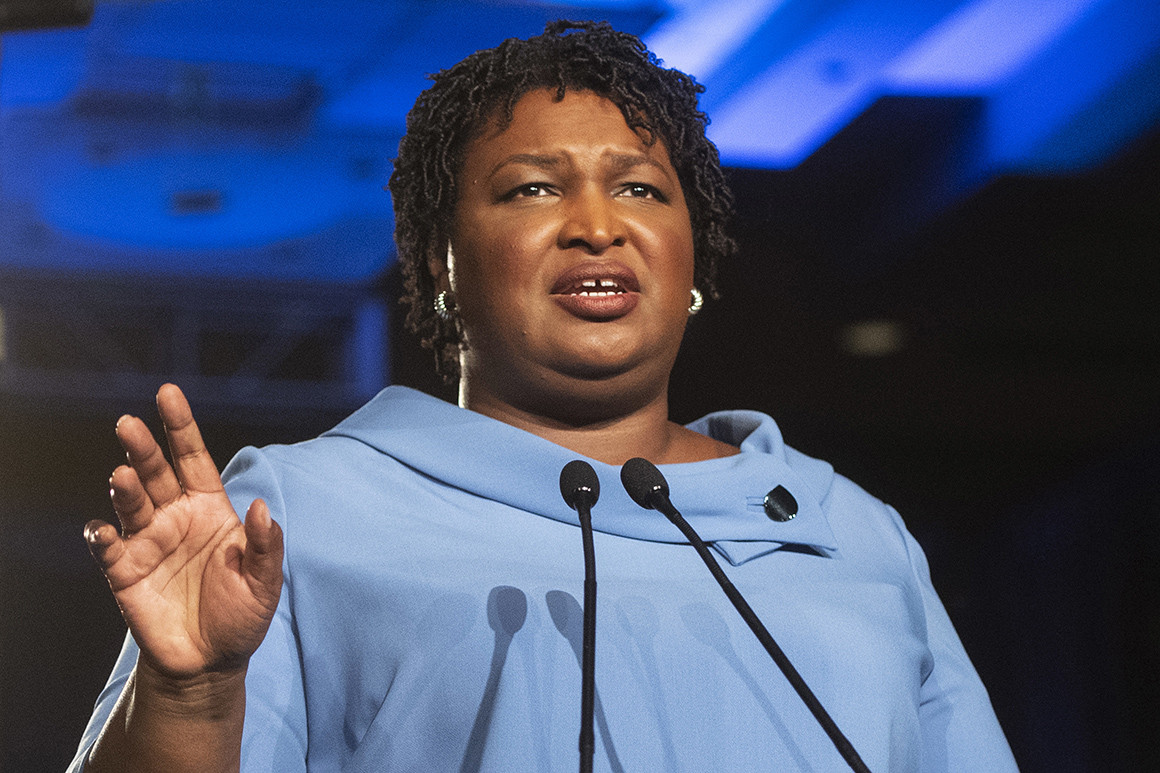I had just moved to New York City and I was then a punkish and somewhat obnoxious independent podcaster who did ridiculously comprehensive and quirky interviews with authors. I had, like many other film and book geeks, been a devout watcher of Inside the Actors Studio. You didn’t know whether or not Lipton was serious or playing an absurdist role — especially with the Proust questionnaire. But you did have the sense that you were seeing someone who was orchestrating a somewhat important conversation, even if the dignified atmosphere didn’t always feel entirely earned.
Anyway, I learned that James Lipton had a book called Inside Inside and, purely because I had nothing to lose and my approach has always been to ask other people to be involved with my silly projects and see if they want to have fun (a surprising number of people are game), I sent an interview request to the publisher.
Amazingly, Lipton’s people said that he would be very keen to talk with me and that I’d get one hour with him.
I couldn’t believe it. I called some of my old buddies in California.
“Dude, James Lipton himself is going to be on The Bat Segundo Show!”
“No way!”
“That’s awesome!”
Sure, Lipton wasn’t the hugest name. He was some guy on the Bravo network. But he was known for being thoughtful — perhaps too thoughtful — towards the big names. He even had the decency to appreciate Will Ferrell’s impersonation of him on Saturday Night Live. And I suppose that free-wheeling, vaguely classy attitude was what made him someone who you couldn’t discount, even if you found him a little too serious at times. Inside the Actors Studio‘s atmosphere was generous with its time and it allowed you — to cite one of many examples — to see Robin Williams’s creative mind at work after taking a scarf from the audience and spending the next few minutes improvising with it. Lipton was often ridiculed for these efforts. But nobody, not even me, knew how much of a gent he was. But I’ll get to that in a bit.
I set up the interview in a restaurant. Lipton arrived, wearing vast swaths of makeup (he had just come off a television interview), and seemed a little uncomfortable with my microphone setup on the table. I started with some of my goofy questions. This was what I usually did to break the ice before I went into the serious stuff. But Lipton looked lost, caught in some internal sea of melancholy. I wondered if I had somehow said something to piss off James Lipton. This has been known to happen. I do have a tendency to shoot off my mouth, largely unknowingly. I ended up stopping the mic and asking, “Hey, man, are you okay?” He said he wasn’t feeling well and that he wanted to reschedule. He told me that I was a thoughtful young man and he offered deep apologies. I was baffled. Then he left the table and seemed to be deeply ashamed.
I sat there, bewildered, packing up my gear. There was little else I could do. Then I received a call from the publicist. The publicist told me — and the two of us both seemed to be worried about Lipton — that Lipton had received a brutal review of his book in a major newspaper that morning and that he felt embarrassed, leaving me like that. Could Lipton make it up to me? Could I meet Lipton that evening at his Upper East Side townhouse? I was stunned. Lipton really wanted to do the interview with me and do me a solid. “Yes,” I said calmly and professionally. I then quickly called my friends and said, “Holy shit! I’m meeting Lipton at his house! Should I dress up?”
I did dress up a little bit. And I arrived on time. I met Lipton’s wife, Kedekai, and I was firmly in Lipton Land. I was offered good scotch, which I politely declined. Kedekai came out with a large dish of snacks. And Lipton — still wearing television makeup — emerged and again offered profuse apologies for not being able to go through with the interview that afternoon. He showed me around his house. There was a room in which every wall was festooned with framed letters and photos of Lipton with his arm around big shot actors. “This collection is a little embarrassing,” said Lipton, who I suspected had said the same thing to everyone. But I actually thought his collection was somewhat endearing. Basically, Lipton was a huge geeky fan of actors. But for a man of Lipton’s generation, this was something you didn’t announce.
What impressed me more than this was how much of a gentleman Lipton had been. I was just some silly online guy who did interviews and here Lipton and his wife were treating me like royalty, lavishing me with such incredibly generous hospitality that I wondered if they had somehow mixed me up with someone else.
Lipton told me that I was someone who was different from the usual media people he talked with. Yes, I had read his 512 page memoir in full before talking with the man. I did this with every guest on my show. But this seemed to astonish Lipton. He clearly wasn’t used to this or anyone doing this kind of intense research. I got the sense that Lipton was a man who was secretly very shy and introverted and who really wanted to be taken seriously by people, but who usually wasn’t. I was apparently that rara avis interview where Lipton would be able to be Liptona at length.
We started rolling tape. You can listen to the interview here. And the two of us had a thoughtful, sometimes very funny, and gently revealing conversation of just how Lipton lived and operated in the way that he did. By simply allowing James Lipton to be himself, and being genuinely interested in him (as I was with all the people I interviewed), I was able to get an incredibly fascinating portrait of the man. Maybe Lipton needed the Lipton approach done with him. I don’t know. But when we finished the conversation, Lipton thanked me profusely and said that it was the best interview he had ever received. He asked for my mailing address. I gave it to him and, for many years, I received a Christmas card annually like clockwork.
I think what people failed to understand about Lipton is that he both liked to please people but he did this because he wanted to be known and loved and respected. But he wasn’t the kind of man who wanted to advertise this need. Because the Inside the Actors Studio persona was one of gravitas and seriousness. Lipton laughed very loud at my jokes in the comfort of his home and when the mic wasn’t on, but he grew very serious when he knew we were recording.
What I do know is that, for about two hours of my life, I was able to give Lipton some unconditional love and respect. Perhaps because I wasn’t a journalistic vulture. I was more of a guy who greatly enjoyed talking with people and accepting them on their own terms. But I had learned some of these moves by watching Inside the Actors Studio.
